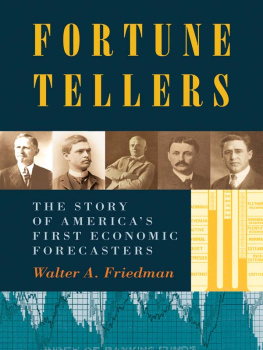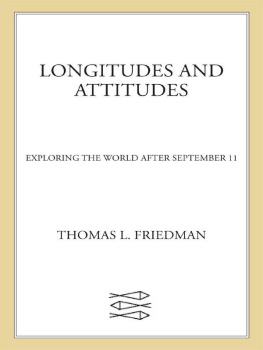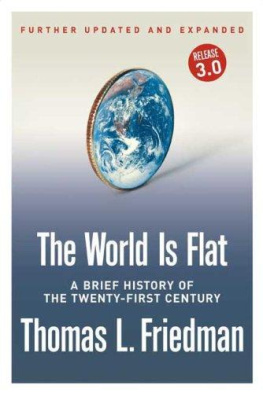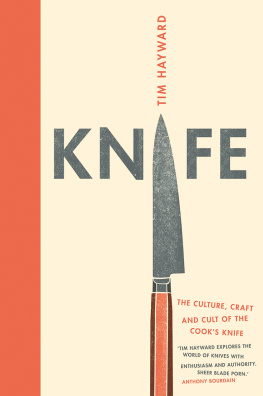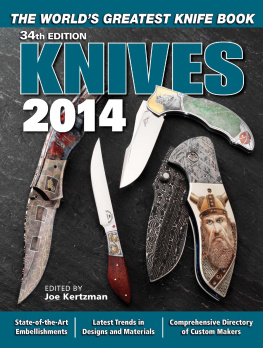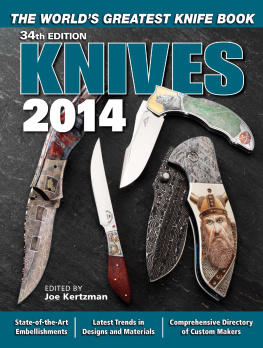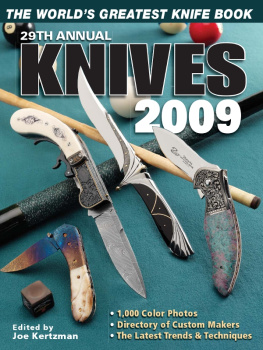fP
KNIVES AT DAWN

AMERICAS QUEST FOR
CULINARY GLORY AT THE LEGENDARY
BOCUSE DOR COMPETITION
Andrew Friedman

fP
Free Press
A Division of Simon & Schuster, Inc.
1230 Avenue of the Americas
New York, NY 10020
www.SimonandSchuster.com
Copyright 2009 by Andrew Friedman
All rights reserved, including the right to reproduce this book
or portions thereof in any form whatsoever. For information
address Free Press Subsidiary Rights Department,
1230 Avenue of the Americas, New York, NY 10020
First Free Press hardcover edition December 2009
FREE PRESS and colophon are trademarks of Simon & Schuster, Inc.
For information about special discounts for bulk purchases,
please contact Simon & Schuster Special Sales at
1-866-506-1949 or business@simonandschuster.com.
The Simon & Schuster Speakers Bureau can bring authors to
your live event. For more information or to book an event,
contact the Simon & Schuster Speakers Bureau at 1-866-248-3049
or visit our website at www.simonspeakers.com.
Designed by Suet Y. Chong
Manufactured in the United States of America
1 3 5 7 9 10 8 6 4 2
Library of Congress Cataloging-in-Publication Data
Friedman, Andrew, 1967
Knives at dawn : Americas quest for culinary glory at the legendary
Bocuse dOr competition / Andrew Friedman.
p. cm.
Includes bibliographical references and index.
1. CookeryCompetitionsFloridaOrlando. 2. Cookery
CompetitionsFranceLyon. 3. Bocuse dOr, USA (Competition)
(2008: Orlando, Fla.) 4. Bocuse dOr (Competition) (2009: Lyon,
France) 5. CooksUnited States. I. Bocuse dOr, USA (Competition)
(2008: Orlando, Fla.) II. Bocuse dOr (Competition)
(2009: Lyon, France) III. Title.
TX652.F72 2009
641.5dc22 2009035271
ISBN 978-1-4391-5307-9
ISBN 978-1-4391-5684-1 (ebook)
for David Black
CONTENTS
CHAPTER 1
Oui, Chef!
CHAPTER 2
Knives at Dawn
CHAPTER 3
Three Months in Yountville
CHAPTER 4
Training Season
CHAPTER 5
All the Little Screws
CHAPTER 6
Bye, Bye, Miss American Pie
INTRODUCTION
ONE OF THE HARSH REALITIES OF EVERY CHEFS LIFE IS THAT, AT the end of each day, he will be judged.
In many respects this is unfair, because the food in most restaurants, even the most eye-popping, palate-dazzling, wallet-busting cuisine, is more complex than all but the most knowledgeable diners can realize or appreciate. Just about anything served in high-caliber establishments is the product of hoursif not daysof effort, the culmination of the strivings of at least a handful of people, and up to dozens: fish, meats, and produce selected in consultation with farmers, fishermen, and artisans; long-simmered stocks, peeled and shaped vegetables, and minced herbs generated by the unsung morning crew; sauces, condiments, purees, and garnishes fashioned by the cooks themselves in the hours before lunch or dinner
Members of a kitchen brigade bring years of hard-won knowledge to bear every time they strap on an apron. But theres no telling what might happen in those dizzying, adrenaline-fueled afternoons and evenings when the components of a dish are fired (cooked or reheated), seasoned, and brought together. Much has to go right for success; much less need go awry to qualify as failure. Its like that old saw about the Central Intelligence Agency: their daily triumphs are unknown; only their miscues draw criticism. Chefs and their colleagues spend every moment of their working lives swinging from one precarious task to the next: a surfeit of salt and a sauce will diminish rather than enhance all that it touches; a minute too little in the sizzle of a saut pan and a breast of chicken will be worse than imperfectit will be a health hazard.
And yet, to those who keep chefs in business, none of that matters. From neighborhood eateries to Michelin-ordained destinations, the moment of truth is brutally simple: the final product is presented, a few ounces framed within the confines of a plate or bowl. Fork or spoon is lifted. Food meets palate. Judgment is rendered.
IN LIGHT OF THIS inescapable truth, one might wonder why a chef would throw his toque into the ring of the Bocuse dOr, the most prestigious cooking competition in the world, and invite the ultimate moment of judgment. In preparation for this literal trial by fire, which has been staged in Lyon, France, every other year since its founding in 1987, candidates devote months and sometimes years to rehearsing an elaborate culinary routine in order to meet the contests Everest-like challenge: transform a set of assigned proteins (chef-speak for fish and meats), plus whatever supporting ingredients the chefs like, into intricate, impeccably cooked compositions in five and a half grueling hours. Just before time is up, they arrange their creations on two enormous plattersone showcasing their fish and shellfish handiwork, the other their mastery of meat. An international panel of judges scores the visual presentations, then the chefs plate the food and the jury digs in for the most important evaluation: taste. There are no elimination rounds, no time to ease into the rigors of competition: the candidates get one shot to cook and present their creations, and the judges who determine their fate have roughly five minutes to taste and consider it. In the Bocuse dOrs current form, twenty-four teams (each comprising a chef and a commis, or assistant) compete; the only thing they know for certain when they begin is that three of them will emerge with precious medals, while the others will slink home empty-handed.
Despite those odds, the Bocuse dOr draws professionals, many from top kitchens who already toil in pressure-cooker environments, subsist on precious little sleep, and subject themselves to dozens, even hundreds, of verdicts every working day. Any number of clichs may explain the appeal of the Bocuse dOr: Chefs love a challenge! Chefs are competitive! Chefs are masochists! All are appealing, but none fits the entire field. Just as people get into cooking for different reasons, theres no single motive for pursuing this culinary Holy Grail.
Candidates are philosophically unified, however, when they come out on the other side. I learned a lot about myself is perhaps the most common sentence uttered by those who have vied for the Bocuse dOr when asked to evaluate their experience. This doesnt surprise Roland Henin, who coached Team USA at the 2009 edition. Competition doesnt form character, Henin is fond of saying. Competition reveals character.
An American team has competed at every Bocuse dOr, but the United States has not yet reached the elusive podium where gold, silver, and bronze medalists are bathed in a light storm of glitter and flashbulbs. In 2008, a triumvirate of culinary figuresDaniel Boulud, Thomas Keller, and Jrme Bocuseraised unprecedented support and awareness for the American enterprise. This is their story, and the story of the team that competed for the United States at the 2009 Bocuse dOr: what they did, how they did it, and what they learned.
TIMOTHY HOLLINGSWORTH, CHEF DE cuisine at Thomas Kellers landmark restaurant, The French Laundry in Yountville, California, calls the highest state of kitchen being The Dance. Its a phrase he learned from Keller himself, described in the restaurants employee manual as the way each of us interacts with the other crucial in the flow of a great kitchen.
Next page


